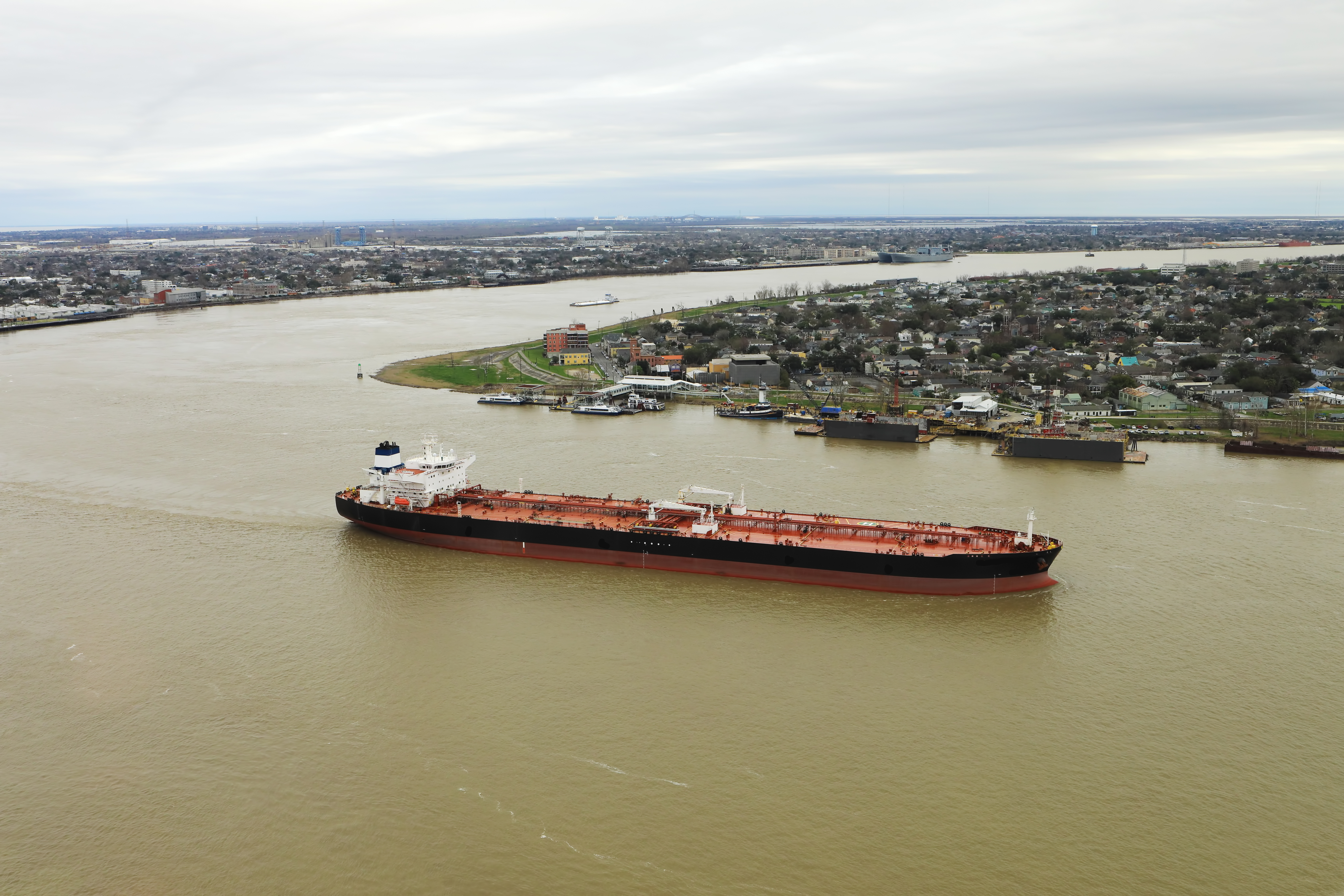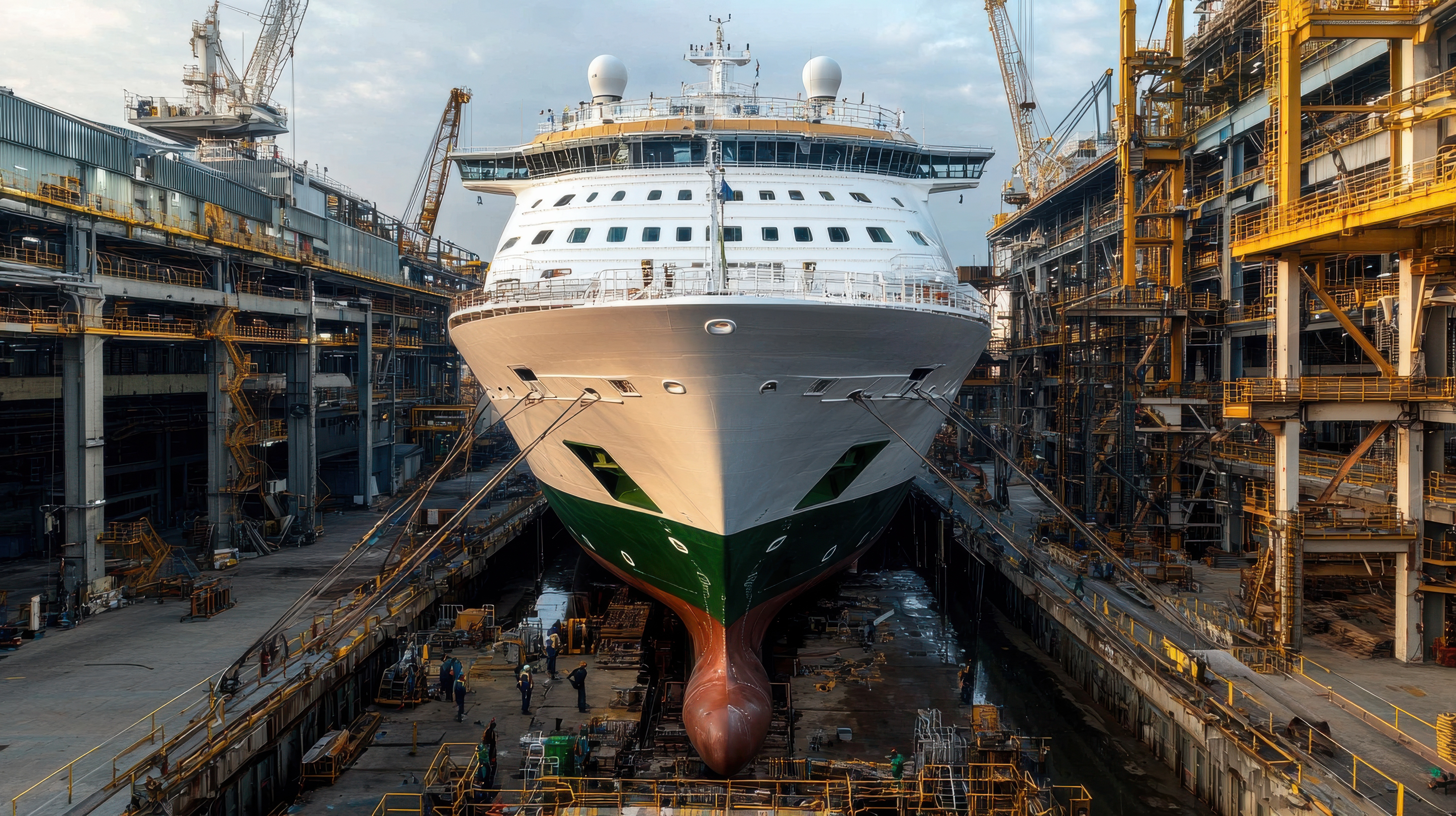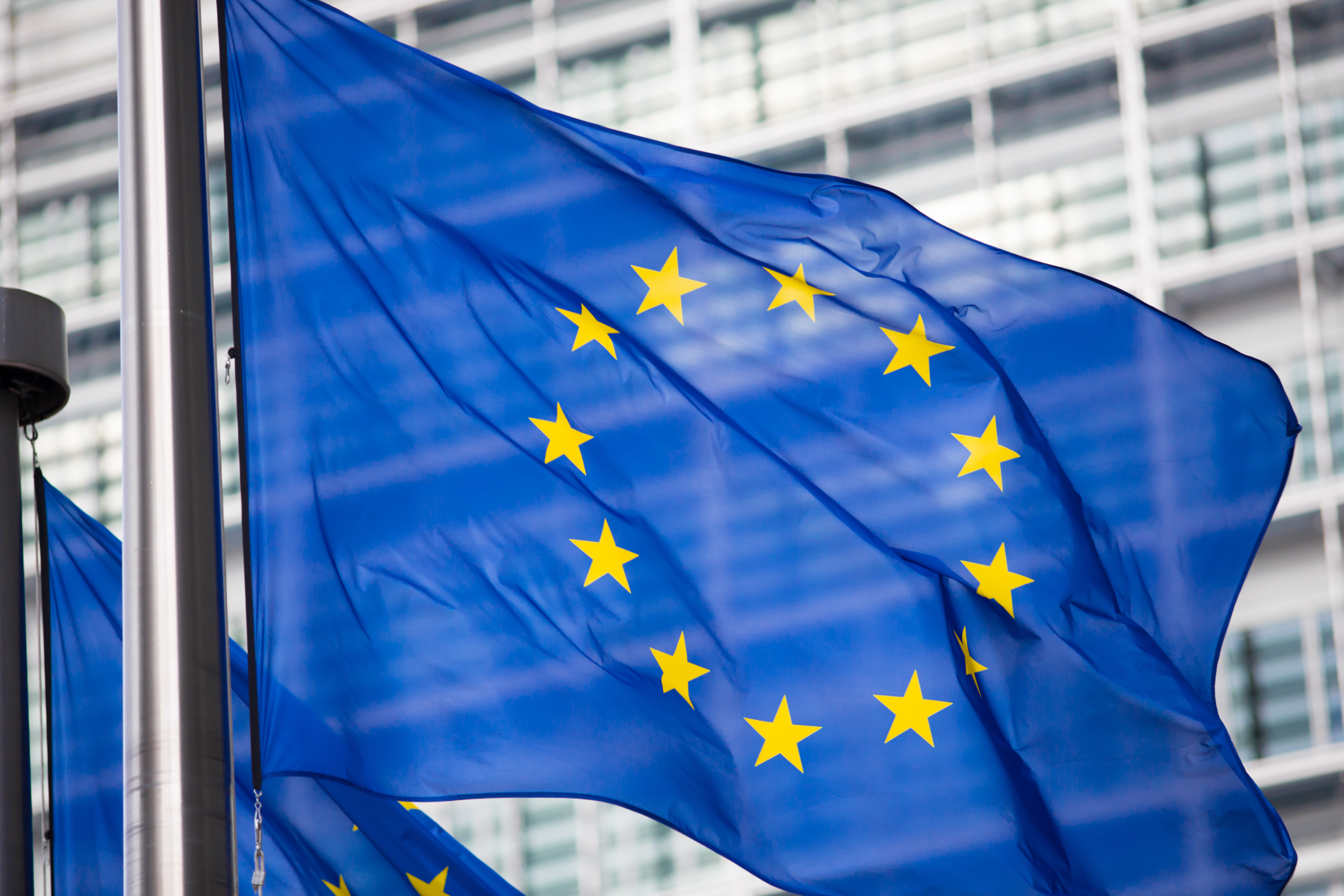On September 18, 2020, the COVID-19 Prevention Guidelines for Operators of Oceangoing Passenger Ships (in Japan) were announced. These guidelines were established by the Japan Oceangoing Passenger Ship Association under the oversight of the Ministry of Land, Infrastructure, Transport and Tourism.
COVID-19 has severely impacted the cruise industry by forcing cruise ship companies to suspend operations. These guidelines have been established for the purpose of enabling the resumption of cruises within Japan, ensuring they are safe and comfortable due to the rigorous implementation of COVID-19 preventive measures. All cruise ship companies are required to prepare a manual based on these guidelines for the prevention of COVID-19 infections. These manuals must then be examined and approved by the Japan Oceangoing Passenger Ship Association.
Guidelines for passengers
Passengers must be made aware of the need for checking for fevers, wearing masks, using disinfectants and taking other actions that are widely used at restaurants, hotels, public facilities and other locations. In addition, passengers should be urged to use the New Coronavirus Contact Confirmation App from the Ministry of Health, Labour and Welfare or some other health management app. Passengers who experience a health problem after boarding a cruise ship must stay in their rooms until they can receive a medical examination. There are also measures that must be used for preventing the spread of COVID-19 infections during this examination.
Guidelines for crew members
Crew members are required to receive thorough training and perform drills based on hygiene management regulations. Crew members are also required to keep a record of their temperatures for 14 days prior to boarding the ship. In addition, crew members must be told that a 14-day quarantine is required after boarding the ship unless an individual tests negative by using a PCR test shortly before or after boarding the ship.
Hygiene management
Hygiene management regulations must include items for the rigorous implementation of measures to prevent COVID-19 infections. These items, which are instructions for specific actions, include the number and types of protective apparel, an emergency communication system for use when there is a suspected or confirmed COVID-19 infection, disinfecting and closing facilities on the ship, making passengers aware of these regulations, on-board zoning, and notifying public health care centers.
These regulations also cover the management of facilities on ships. Management activities include periodic disinfecting, telling passengers to avoid gathering in large groups with close contact, thorough air ventilation and the use of thermal imaging units, and as a rule the suspension of buffet and other self-service formats at restaurants.
What if someone gets infected?
There may be a passenger or crew member with a possible COVID-19 infection despite these preventive measures. If this happens, the individual(s) with symptoms and all others who had close contact with these people must self-quarantine. Furthermore, all other passengers must stay in their rooms and on-board events and facilities are closed. If a COVID-19 infection is confirmed, more actions to identify people who had close contact with the infected individual(s) must be taken and, as needed, people with close contact and others must be tested. In addition, whether the ship is at a port in Japan or under way between two ports in Japan, in accordance with the procedure for responding to a designated outbreak, government agencies involved with handling COVID-19 outbreaks must be notified. At the same time, a request for an on-shore quarantine must be submitted to the public health care center with jurisdiction over this outbreak.
If the ship is under way, the ship must immediately change course for the nearest port where passengers can disembark. Other responses to this outbreak must be taken with the cooperation and consent for each action of government agencies, public health care centers and other parties. Responses to the outbreak must extend to enabling passengers to disembark safely and, in some cases, return home safely.




